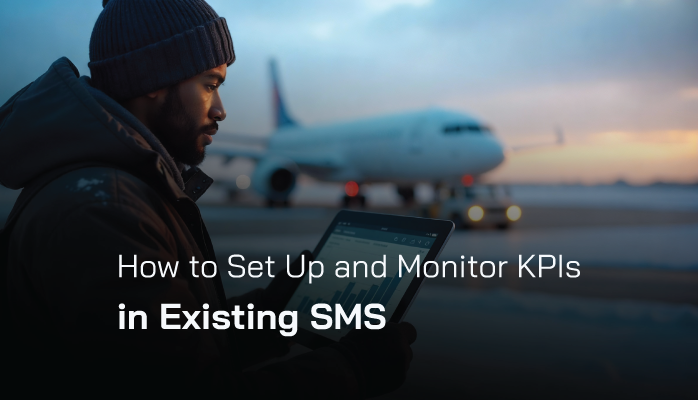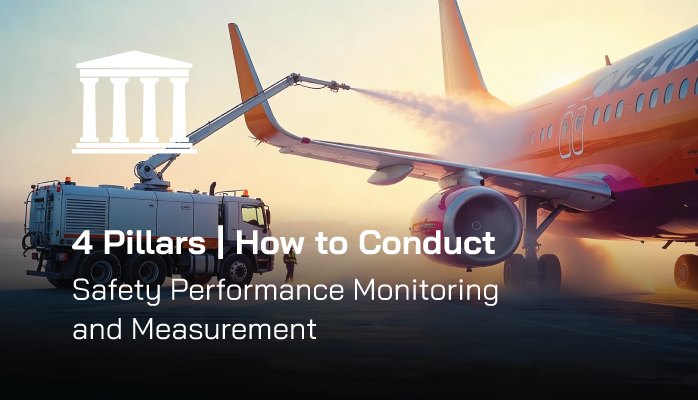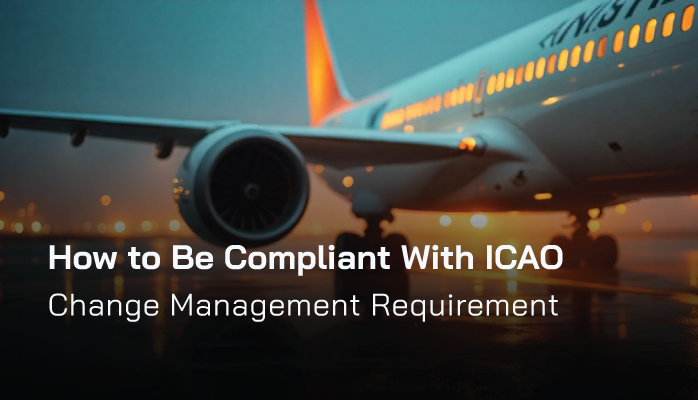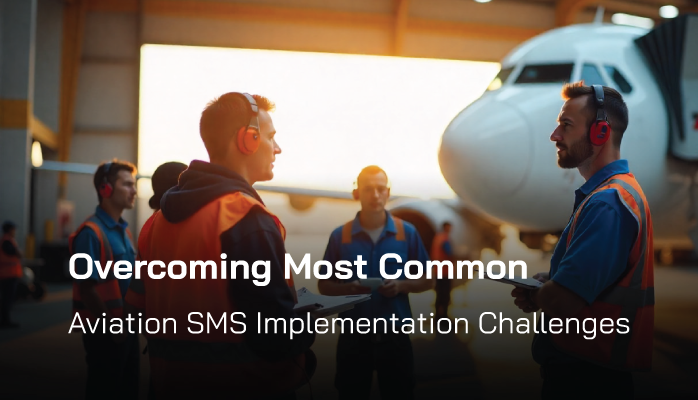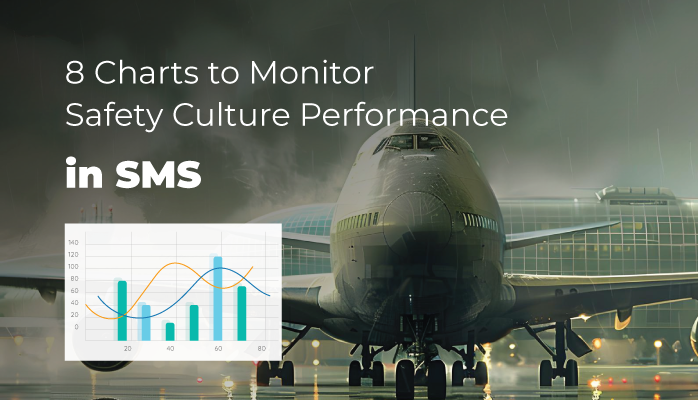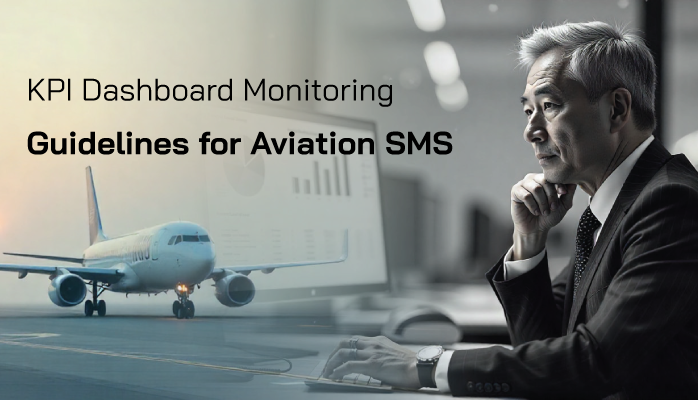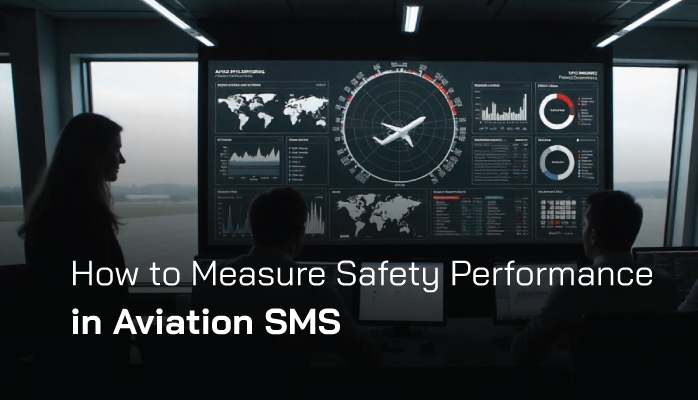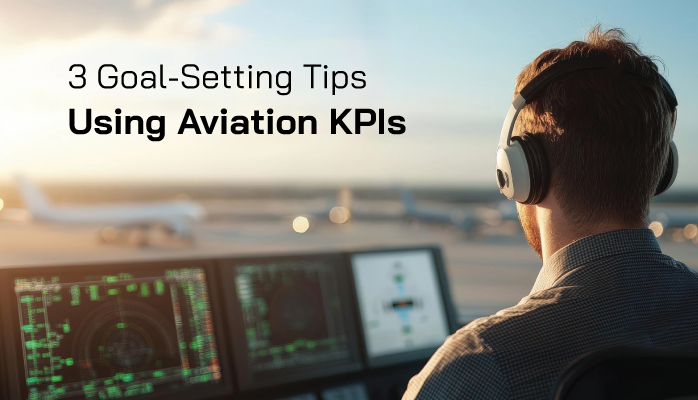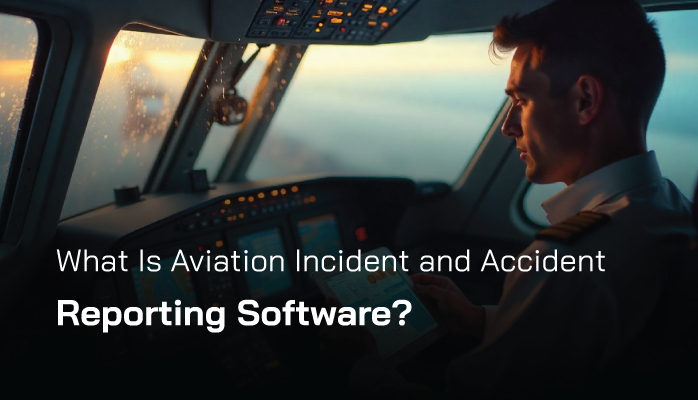Christopher Howell
Manage global operations for aviation safety management systems (SMS) software that facilitates regulatory compliance, such as ICAO, FAA, Transport Canada, IS-BAO. Manage software engineering support efforts to local Alaska businesses. Assist in design, implementation, testing and documentation of complex, three-tier Windows applications relying heavily upon secure Web services technology.
What Is a Corrective Action - a Definition
A corrective action is a risk management process, tool or activity used to correct any undesirable element of an aviation service provider's operational system. Most commonly, the term "corrective action" is used loosely to represent "corrective actions and preventative actions," or CPAs. You may also see corrective actions called CAPAs (corrective action preventative action) or RCAs (recommended corrective actions), though CPA is the most recognized acronym globally in the aviation industry.
Read More
Topics:
2-Safety Risk Management
Monitor KPIs in Existing Aviation SMS
Setting up and monitoring key performance indicators (KPIs) in existing aviation safety management systems (SMS) can be a daunting task.
Read More
Topics:
Key Performance Indicators
What Is Safety Performance Monitoring and Measurement
Safety performance monitoring is an essential component of aviation safety management systems (SMS). And by “essential,” performance monitoring is like your SMS implementation's immune system.
Read More
Topics:
3-Safety Assurance
What Is Change Management
Management of change in aviation SMS is a formal process for facilitating changes in safety programs. Usually, this process is instigated when required changes are going to affect higher-level, systems in the SMS.
Read More
Topics:
2-Safety Risk Management
Plans and Challenges of Implementation
Aviation safety management systems (SMS) implementation takes a long time to fully mature, usually three to five years if you are lucky.
Read More
Topics:
1-Safety Policy
Types of Aviation Safety Culture
While it is normal to say that safety culture is something you should pay attention to, it might be better to say that safety culture are things you should pay attention to.
Read More
Presenting Key Performance Indicators to Managers
A KPI key performance indicator remains the most effective means to communicate and monitor aviation service providers' goals and objectives related to the aviation safety management system (SMS).
Read More
Topics:
Key Performance Indicators
Why Do We Measure Aviation Safety Performance?
Aviation safety managers are tasked with a Safety Assurance (SA) element labeled "Continuous Improvement." Not many aviation safety management systems (SMS) training courses go into much detail about
Read More
Topics:
3-Safety Assurance
Why Use Aviation Key Performance Indicators as Goals or Objectives
Setting goals and objectives for your aviation safety management system (SMS) is a requirement, i.e., not optional.
Become accustomed to this requirement. Embrace it. Realize organizational value from this requirement and stop squandering an excellent opportunity to improve operations and show that the SMS can become the promised "profit driver."
Read More
Topics:
Key Performance Indicators
Aviation Incident and Accident Reporting Software
Aviation Incident and Accident Reporting Software are specialized software systems that facilitate the collection, analysis, and reporting of aviation incidents and accidents.
Read More
Topics:
2-Safety Risk Management


